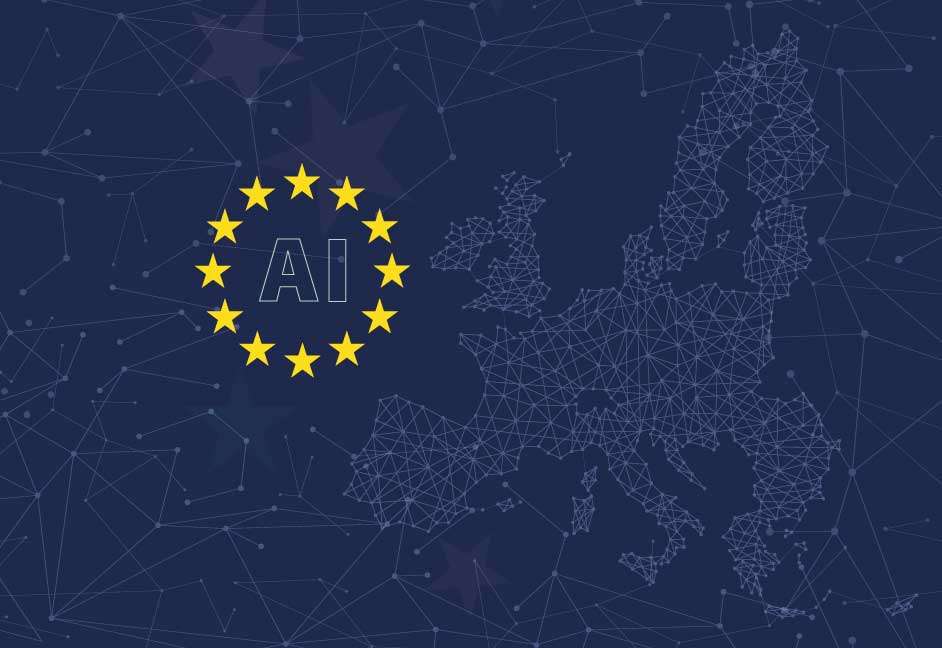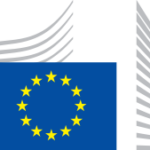
ΑΙhub.org
EU artificial intelligence ethics checklist ready for testing as new policy recommendations are published

Mariya Gabriel, European Commissioner for Digital Economy and Society, said:
The new recommendations presented by the experts are an essential input for our continuing joint work with EU Member States to ensure the development of a trustworthy AI – the use of ground-breaking technology that respects privacy, provides transparency and prevents discrimination. Shaped in this way, artificial intelligence technologies can become a real competitive advantage for European businesses and society as a whole.
At the first AI Alliance Assembly in Brussels today, the High-Level Expert Group on AI announced two important developments:
1. Piloting phase of the ethics guidelines for trustworthy AI
As of today, organisations can test the assessment list for trustworthy artificial intelligence, developed by a group of 52 independent experts on behalf of the Commission, and see how robust it is in practice. Over 300 organisations have already expressed interest in doing so since the group released its Ethics Guidelines for Trustworthy AI in April this year. An online survey has been created to gather feedback on the assessment list and will be open until 1 December 2019. Best practice examples for assessing the trustworthiness of AI can also be shared through the European AI Alliance.
The expert group will also carry out in-depth interviews with selected representatives from the public and private sectors to better understand the implications of implementing the assessment list in different sectors. Organisations who would like to participate can express interest through the pilot registration form.
Both the interviews and the feedback from the piloting survey will feed into a revised version of the assessment list, to be presented in early 2020, and will impact the next steps to be taken by the new Commission.
2. Policy and investment recommendations for trustworthy AI in Europe
The expert group also today presented to the Commission a list of 33 recommendations that it believe will help AI have major impact on citizens, businesses, administrations and academia. The focus is on ensuring sustainability, growth, competitiveness and inclusion while empowering, benefiting and protecting individuals. The recommendations presented today will help the Commission and Member States to update their joint coordinated plan on AI at the end of the year, which plays a key role in building the future of artificial intelligence in Europe.
The recommendations call on EU and national policymakers to:
- Empower and protect humans and society: ensure individuals understand the capabilities, limitations and impacts of AI; protect them from any harm; and provide them with the necessary skills to use and benefit from AI.
- Take up a tailored approach to the AI market: assess the different needs and sensitivities raised by AI systems used in Business-to-consumers (B2C), Business-to-business (B2B) and Public-to-Citizens (P2C) contexts, and address these accordingly.
- Secure a Single European Market for Trustworthy AI: remove barriers to procure lawful, ethical and robust AI-enabled goods and services from all over Europe, while enabling a competitive global position through large integrated markets.
- Enable AI ecosystems through sectoral multi-stakeholder alliances: boost stakeholder cooperation across civil society, industry, the public sector and research and academia, while understanding the different impacts and enablers for different sectors.
- Foster the European data economy: further advance policy actions in data access, sharing, reusing and interoperability, while ensuring high privacy and data protection, and putting in place the necessary physical infrastructures.
- Exploit the multi-faceted role of the public sector: ensure the public sector leads by example by delivering human-centric public services, making strategic use of innovation-driven public procurement, and fostering cooperation with stakeholders.
- Strenghten and unite Europe’s research capabilities: establish and demonstrate intellectual and commercial leadership in AI by bringing together European research capacity in a multidisciplinary manner.
- Nurture education to the Fourth Power: ensure a wide skills base through primary, secondary and tertiary education, as well as enabling continuous learning and strive towards a work-life-train balance.
- Adopt a risk-based governance approach to AI and ensure an appropriate regulatory framework: map relevant laws, assess to which extent these are still fit for purpose in an AI-driven world, and adopt new measures where needed to protect individuals from harm, thus contributing to an appropriate governance and regulatory framework for AI.
- Stimulate an open and lucrative investment environment: enhance investment levels in AI with both public and private support.
- Embrace a holistic way of working, combining a 10-year vision with a rolling action plan: look at AI’s overall opportunities and challenges for the next 10 years, while continuously monitoring the AI landscape and adapting actions on a rolling basis as needed; join forces with all stakeholders for the concrete implementation of the ethics guidelines and policy recommendations.
Background
The Commission is facilitating and enhancing cooperation on AI across the EU to boost its competitiveness and ensure trust based on EU values. Following its strategy on AI for Europe, the Commission set up the High-Level Expert Group on AI, which consists of 52 independent experts representing academia, industry and civil society. They published a first draft of the ethics guidelines in December 2018, followed by a stakeholder consultation and meetings with representatives from Member States to gather feedback. This followed the coordinated plan with Member States to foster the development and use of AI in Europe, also presented in December 2018. The final ethics guidelines were presented in April 2019 when the Commission also announced the pilot phase to refine the assessment list that helps organisations implement these guidelines.
Europe is known for high-quality and safe products, and these guidelines are the attempt to transfer this promise to the burgeoning area of AI. Trustworthy AI can become a real competitive advantage for European AI companies.
The EU AI strategy aims at increasing the combined public and private investments to €20 billion annually over the next decade, making more data available, fostering talent and ensuring trust. The EU’s first ever Digital Europe Programme will dedicate €2.5 billion to support the deployment of AI and the building up of additional capacities in this domainacross Europe.









